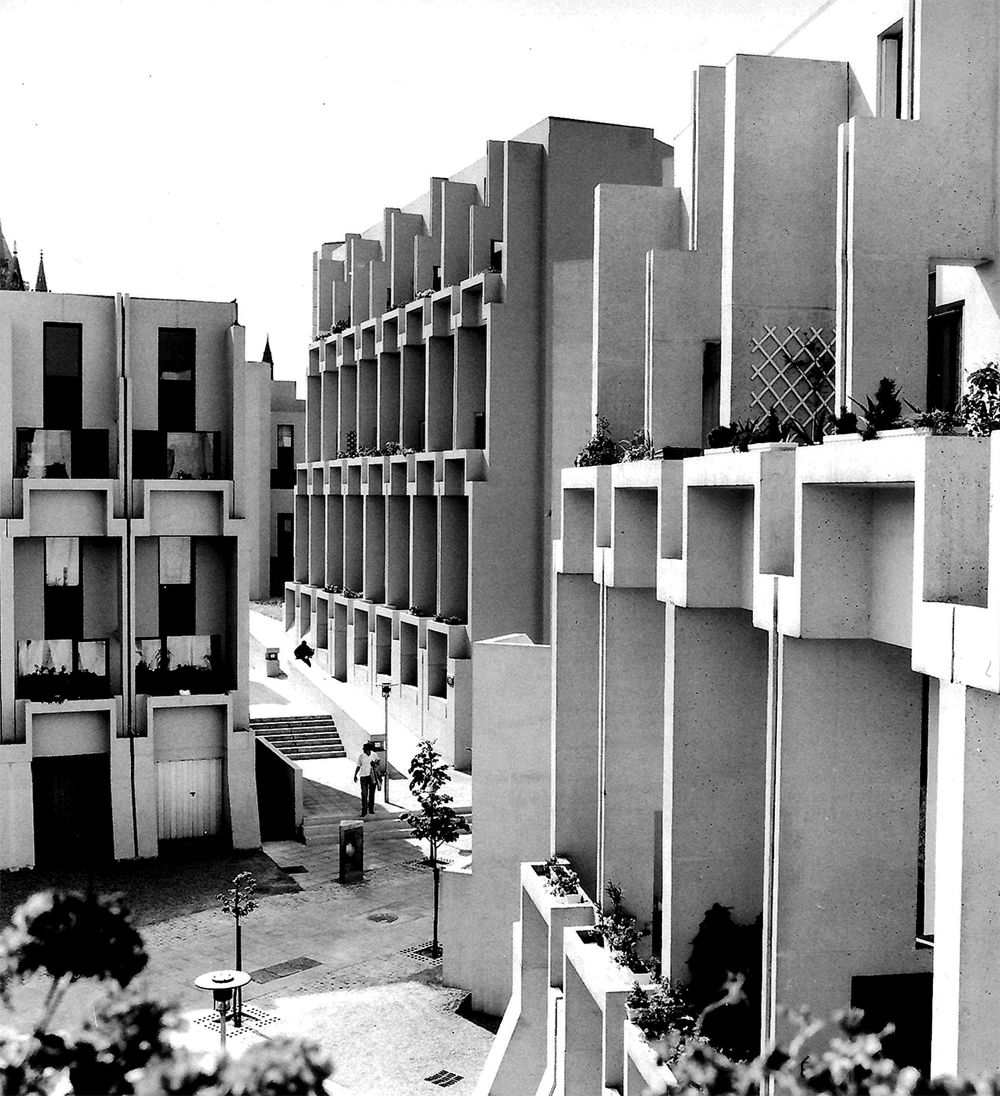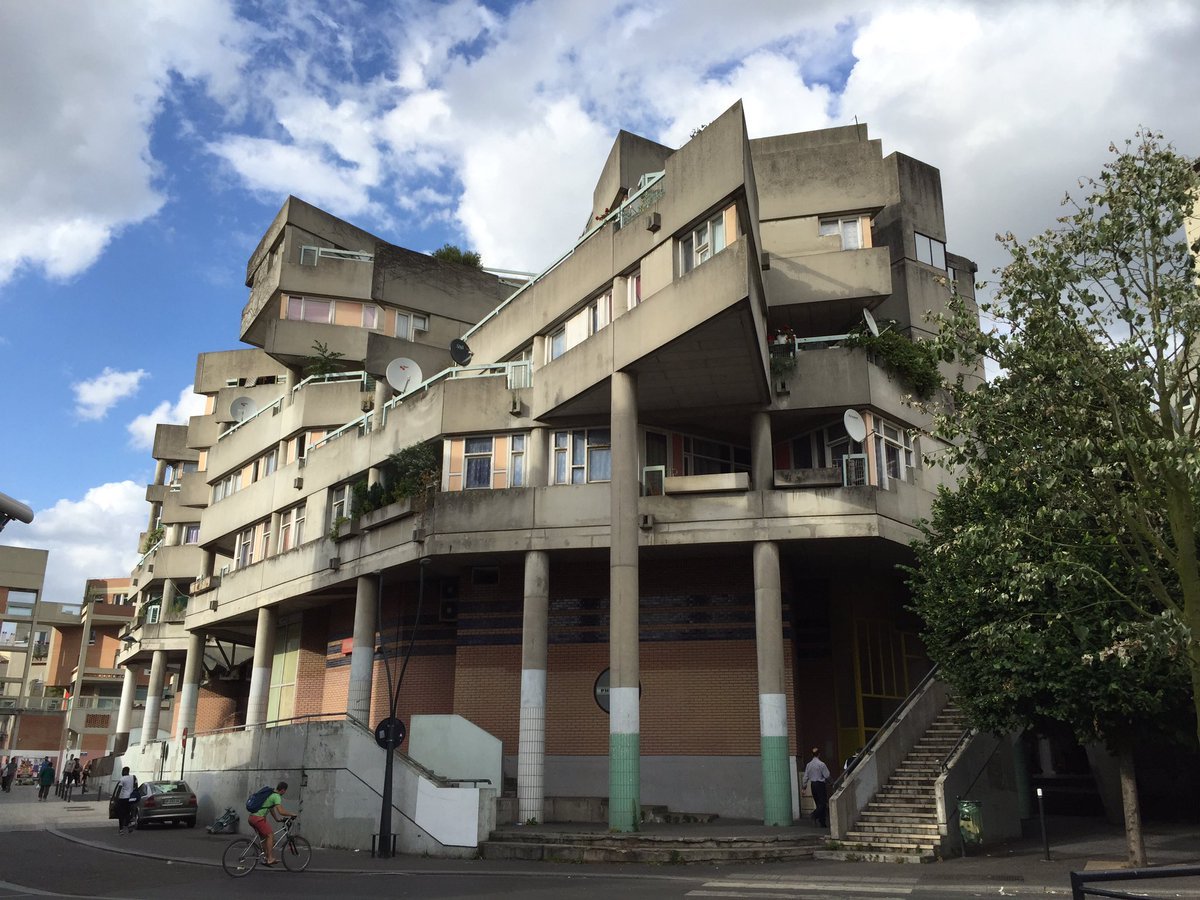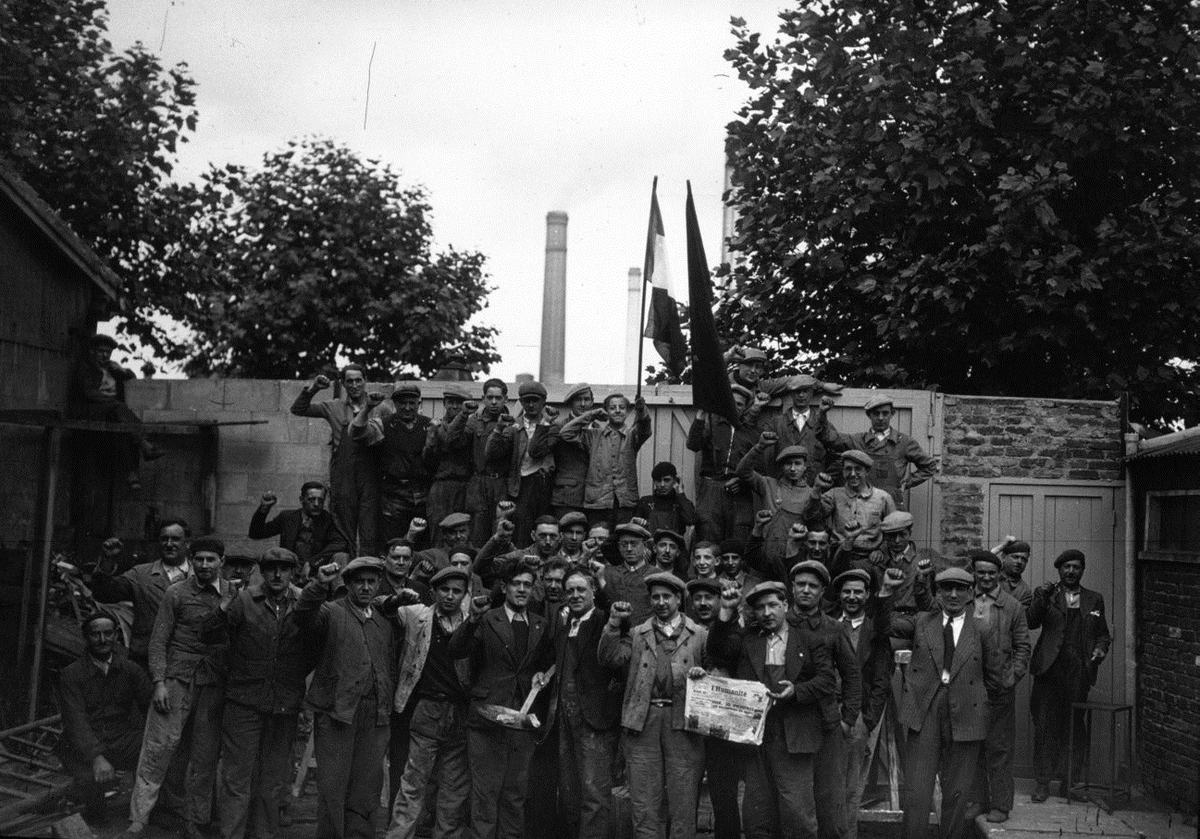Lots of takeaways from France& #39;s municipal elections (2nd decisive round took place last night), but the biggest to my mind won& #39;t get much attention outside France, and could be seen as one of the final aftershocks of the fall of the Berlin Wall 1/
the headlines will focus on Macron& #39;s party& #39;s poor showing, the PS holding Paris, the FN taking Perpignan, impressive Green strength nationwide (taking Lyon, Strasbourg, Bordeaux, holding Grenoble), the left& #39;s (likely) victory in Marseille 2/
but in some ways, perhaps the most historically significant result was in St-Denis, the working-class city just north of Paris. It& #39;s an old historically important place: monks @ the abbey there sketched the outlines of royal ideology, & kings were buried in their basilica 3/
in the 2nd half of the 19th c., Saint-Denis becomes one of the focal points of France& #39;s industrial revolution, with dozens of new factories driving growth in heavy industry & migration of workers 4/
Saint-Denis& #39;s rapidly growing population offered fertile electoral ground for France& #39;s young socialist movements. Socialists win city hall for the 1st time in the 1892 municipal elxns. They are once again in power in 1920 when, at the Tours Congress, the SFIO splits, ... 5/
spawning the ancestors of the modern French socialist party on the one hand, and the Parti Communiste Français on the other. The communist wing of the SFIO take hold of Saint-Denis, starting a century-long history of PCF in the city 6/
The city& #39;s communist history will be interrupted brutally when Jacques Doriot, elected mayor as a communist in 1931, is expelled from the PCF for his criticisms of the Comintern line, launches the proto-fascist Parti Populaire Français in 1936. An ardent collaborator ... 7/
he flees to Germany in 1944 before the Allies liberate Paris and the communists return to Saint-Denis. The PCF will hold Saint-Denis& #39;s city hall, without interruption, from 1944 until last night, making the city an experiment in communist government arguably without ... 8/
equivalent in the west. Much of course can be said about the PCF: the most Stalinist of western Europe& #39;s communist parties, its slavish towing of the USSR& #39;s line after Budapest in 1956 and Prague in 1968, PCF leader Georges Marchais faxing his speeches to Moscow ... 9/
for approval well into the 1980s, etc. But the PCF--for a time the largest party in France, w/a mass following & broad influence--was also much more than a simple Cold War instrument. Saint-Denis, which the party worked to transform into a showcase for municipal communism, 10/
a politics that sought to provide a multidimensional array of services to people: public housing, its most visible (and architecturally enduring) legacy of course, but also local medical clinics, culture and youth centers, summer camps, sports clubs, festivals, etc. 11/
For half a century, Saint-Denis was the crown jewel in the PCF& #39;s "red belt" -- the ring of working-class, industrial suburbs around northern and eastern Paris. It was a political fortress for democratic centralism, but it was also a remarkable social laboratory, a site ... /12
for experimentation in architecture, urbanism, & associative life. That the PCF was able to hold on to Saint-Denis& #39;s city hall for so long (well after it had ceased being relevant in national politics) can perhaps be seen as a testament to the local success of municipal ... 13/
communism. But the writing had also long been on the wall: not just the fading of the Communist ideal in a country whose PCF party was still struggling to come to terms with its Stalinist past well after 1989 (a footnote to this history: Patrick Braouzec, St Denis& #39;s mayor ... 14/
from 1991 to 2004, worked to "refound" the party & distance it from its Stalinist past). With the decline of heavy industry in France came factory closures in Saint-Denis, which in turn initiated a profound transformation of the proletarian identity of many of the city& #39;s ... 15/
inhabitants. The redevelopment of the Plaine Saint Denis--a vast area spanning not just Saint-Denis, but also Aubervilliers and Saint-Ouen--where beginning in the 1980s factories gave way to gleaming office parks, the Stade de France where the final of the 1998 World Cup ... 16/
was played, a new university campus, and new housing--profoundly changed the city. (this is what tourists see when from Charles-de-Gaulle airport they embark on the RER B light rail bound for Paris). As the proportion of public housing in the city& #39;s residential mix ... 17/
steadily declines, and gentrification driven by Paris& #39;s inexorably rising real estate prices follows its course, the city& #39;s electorate has changed too. There are other reasons too: the left was deeply divided in the current campaign (PCF-Greens vs J-L Mélenchon& #39;s Insoumis) /18
NDLR: for one of the few analyses in the national French press, see this /19 https://www.lemonde.fr/elections/article/2020/06/29/municipales-le-jour-ou-le-parti-communiste-a-perdu-saint-denis_6044613_5001134.html">https://www.lemonde.fr/elections...
But the very fact that the Greens and Insoumis loomed so large locally is itself testament to secular Communist decline. 20/
Paris& #39;s banlieue has bad press, both w/in and w/o France--as racialized "no go zones" of poverty, crime, Islamic radicalism, French dysfunction, etc.--of which St Denis is one of the most iconic examples. Which is why Saint-Denis is worth a visit today for anyone who ... 21/
doesn& #39;t already know it. It& #39;s good to come armed with some sense of its history (Yamina Benguigi& #39;s "9-3 : mémoire d& #39;un territoire", a documentary on the history of Seine-St-Denis, the department of which the city is a part--is a good place to start https://www.youtube.com/watch?v=2fPtZS6Tmmk)">https://www.youtube.com/watch... 22/
It& #39;s essential to recall the challenges which St-Denis& #39;s communist municipal governments faced, notably national governments indifference & underinvestment. Ex: into the 1950s, there was not a single lycée (high school) in the entire department--implicit proof that ... 23/
governing elites weren& #39;t particularly interested in opening the doors to Republican meritocracy, social mobility, or national culture to the children of the 9-3& #39;s working class. To this day, the department is underserved by public services (notably hospitals & doctors). 24/
To the extent municipalities like Saint-Denis boast a robust network of local services, its largely thanks to municipal communism. It& #39;s an interesting place to weigh the reality of France& #39;s much-maligned public housing--to visit for ex. Roland Simounet& #39;s HLM complex 25/
If today it faces serious challenges -- notably poverty, unemployment--Saint Denis is also a remarkable place, as diverse as any city in Europe or N. America, boasting a dense network of associations and civil society 27/
What does the PCF& #39;s defeat last night mean? For two decades now, I had always imagined that Saint-Denis would be the last communist fortress to fall before the party died out. That isn& #39;t exactly the case--the PCF also won some elections in the 9-3 last night, including ... 28/
Noisy-le-Sec (see this, from @LeBondyBlog -- which incidentally, for anyone interested in Paris& #39;s banlieues is required reading)
29/ https://twitter.com/LeBondyBlog/status/1277643839403102208">https://twitter.com/LeBondyBl...
29/ https://twitter.com/LeBondyBlog/status/1277643839403102208">https://twitter.com/LeBondyBl...
All the same, the PCF& #39;s defeat in Saint-Denis is a powerful symbol, a historical bookend to the long and rich history of French municipal communism, and an important chapter in the broader history of European communism. The PCF may well yet carve out an electoral niche ... 30/
on France& #39;s left, in the shadow of La France Insoumise, the Greens, and what& #39;s left of the Socialist Party (a bit like how France& #39;s Trotskyist parties have endured with small electorates, in what would be a remarkable historical irony) 31/
but it& #39;s hard to imagine the PCF ever regaining sufficient strength to rebuild anything resembling its Red Belt. So in a a very real sense, last night& #39;s election is occasion for an elegy to the French PCF, and municipal communism in particular. Full disclosure: the PCF was... 32/
never my political family, and to my mind, in any reckoning of the history of the French left since 1945, the Party has much to answer for. But Saint-Denis& #39;s history reminds us that French communism was always much more than an instrument of Moscow. That it stands as a ... /33
powerful reminder that other forms of municipal politics are possible, that creative, optimistic, robust local governments can improve people& #39;s lives in tangible, concrete ways, that public housing is a crucial instrument of urban policy, and ultimately, that cities and ... 34/
urban spaces are public goods, commons that belong to us all. That this remarkable chapter came to a close last night leaves me sad today. It is up to us to take inspiration from what worked in Saint-Denis, and places like it, and to reinvent new forms of ... 35/
municipal communism (or whatever we choose to call it in the 21st century).
FIN
36/36
FIN
36/36

 Read on Twitter
Read on Twitter




